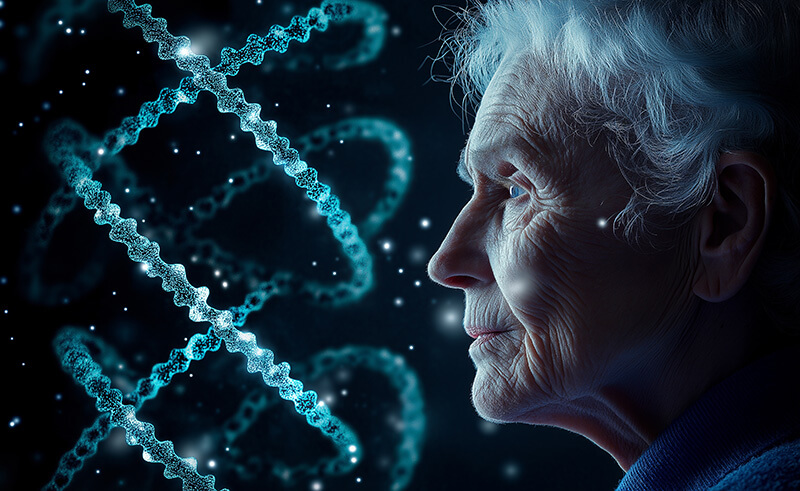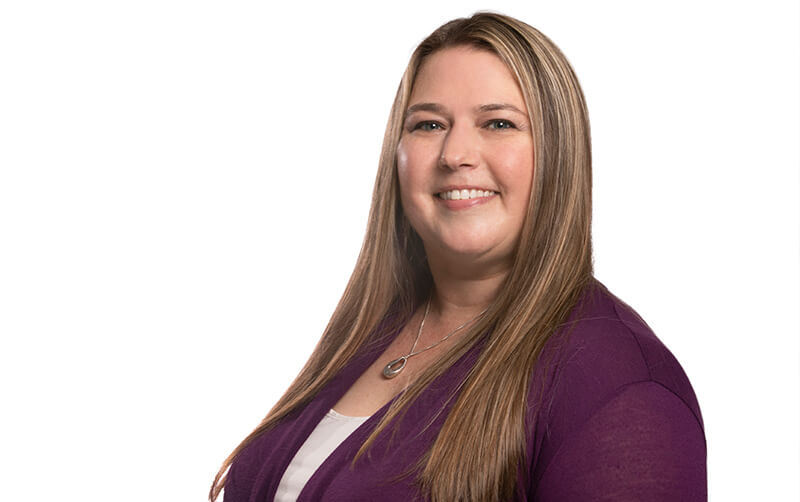
Witnessing his grandfather’s emotional and physical struggles with end-of-life care shaped how biological science major Jeremy Kuo views aging, inspiring him to pursue a nursing career working with older adults.
“I saw firsthand how older adults’ dignity can be overlooked in their most vulnerable moments, especially in the final stages of life — and I want to change that,” he said.
To prepare to become a gerontological nurse practitioner, Kuo enrolled in Cal State Fullerton’s aging science minor, offered for the first time this fall.
The research-focused minor in the College of Humanities and Social Sciences complements Kuo’s biology studies on how cells grow, differentiate and organize during development.
“This minor adds an important human-centered perspective to my science education,” Kuo said. “It will help me think more holistically about aging as not just a biological process, but a stage of life shaped by social, emotional and cultural factors. That insight will be invaluable as I care for aging patients.”
While open to any students, the aging science minor is geared toward STEM — science, technology, engineering and mathematics — students interested in medical school or a graduate research degree, said Laura Zettel-Watson, interim associate dean and coordinator of the Aging Studies Program.

“To expand gerontological education to include STEM fields, we designed a distinct new program focused on the science of aging and the skills needed to be a STEM aging researcher,” Zettel-Watson said. “The minor centers on the biological, medical and technological aspects of getting older.”
The 21-unit minor requires students to enroll in seven courses, with four new courses, including two on aging research, created for the program.
One new course, Aging Science: Theoretical Foundations and Applications, introduces students to the science of aging. The course helps them understand and apply biological, psychological and social factors in aging to research and real-world problems.
Students also participate in a yearlong capstone experience to analyze and evaluate relevant literature and refine their research projects in faculty-mentored research labs.
“STEM students desire courses that complement, inform and enrich their research experience while providing a foundation in the science of aging,” said Zettel-Watson, professor of psychology.
A National Institutes of Health-National Institute on Aging grant for CSUF’s MSTEM Scholars Trained in Aging Research Program funded the creation of the new courses. Zettel-Watson and Jennifer Piazza, professor of public health, direct the grant program.
With the population rapidly maturing in the U.S., the minor program trains students to incorporate the latest aging knowledge into their respective fields. Students also learn to think critically about the implications of their work with older adults.
“The minor integrates aging-specific experiences and content with students’ scientific research goals,” Zettel-Watson said. “It emphasizes active learning, where students are given the opportunity to reflect on their values and connect coursework to their own lives.”
As an MSTEM STAR Program scholar, Kuo has had the opportunity to conduct aging-related research with Nilay Patel, associate professor of biological science, and at National Taiwan University to work on chronic illness and cancer research.
In Patel’s campus lab, he’s investigating a Food and Drug Administration-approved drug that could decrease brain inflammation during chemotherapy, and reduce confusion, memory impairments and fatigue.
“As someone pursuing nursing, I want to understand how aging impacts health and quality of life so I can support older adults with scientifically informed and deeply compassionate care,” Kuo said.